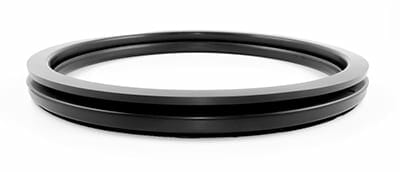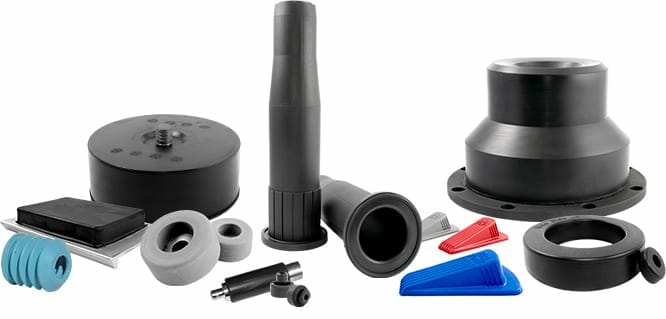The Custom EPDM Molding Experts
Molded EPDM Rubber
Here’s a streamlined rewrite of your copy with redundancies removed and all target keywords—EPDM molding, EPDM injection molding, EPDM compression molding, and EPDM rubber injection molding—naturally integrated:
EPDM molding is a durable, cost-effective solution for outdoor and automotive applications, thanks to its exceptional resistance to ozone, UV rays, and extreme temperatures. Crafted through EPDM injection molding or EPDM compression molding, this synthetic rubber offers strong color stability, heat resistance, and a clean finish—making it a reliable alternative to neoprene.
EPDM rubber injection molding is especially valued in the automotive and industrial sectors for its longevity and performance in harsh environments. EPDM also mimics the mechanical properties of both natural and synthetic rubber, while offering greater durability and lower cost compared to silicone.

However, EPDM is not suited for applications involving petroleum-based substances, solvents, or continuous exposure to aromatic hydrocarbons. It’s also not recommended for food contact or electrical insulation use.
With its versatility and resilience, EPDM remains a go-to material for roofing, HVAC, and a wide range of industrial applications—delivering long-lasting performance and reduced replacement costs.
Advantages of EPDM Injection Molding
- EPDM offers exception resistance to UV, ozone, weathering, aging and various chemicals
- Ideal for outdoor applications
- Offers stability in extreme high and low temperatures
- Resistance to water and steam
- Low electrical conductivity
- Versatility allowing for use in many industries and applications
- Durability and longevity for continuous use
- Less costly than silicone
Properties of EPDM Rubber
- ASTM D-2000 Classification AA, BA, CA (Standard Classification System for Rubber Products in Automotive Applications)
- Chemical Definition: Ethylene Propylene Diene Monomer
- Abbreviations: EP, EPR, EPT, EPDM
EPDM Molding Processes
- Transfer Molding
- Injection Molding
- Compression Molding
Rubber Molding Materials
- Butyl Rubber: Lower resilience rubber
- EPDM Rubber: Ideal for outdoor applications
- Natural Rubber: An elastomer with incredible resilience
- Neoprene Rubber: Resistant to oils
- Nitrile Rubber: Exceptional chemical resistance against oils and gasoline
- Rigid & Flexible: Useful for a wide range of applications
- Synthetic Rubber: A versatile elastomer with lower overall cost
- Thermoplastic Elastomers (TPE): High resistance to flame and ozone
- Viton Rubber: Resistance to fuel at at extreme temperatures


